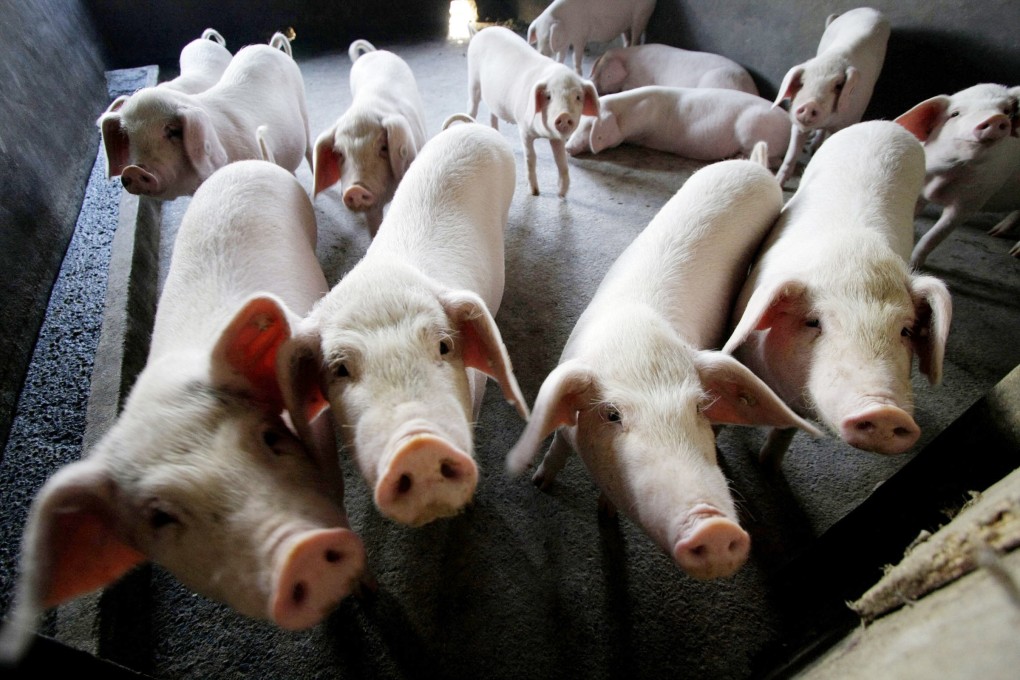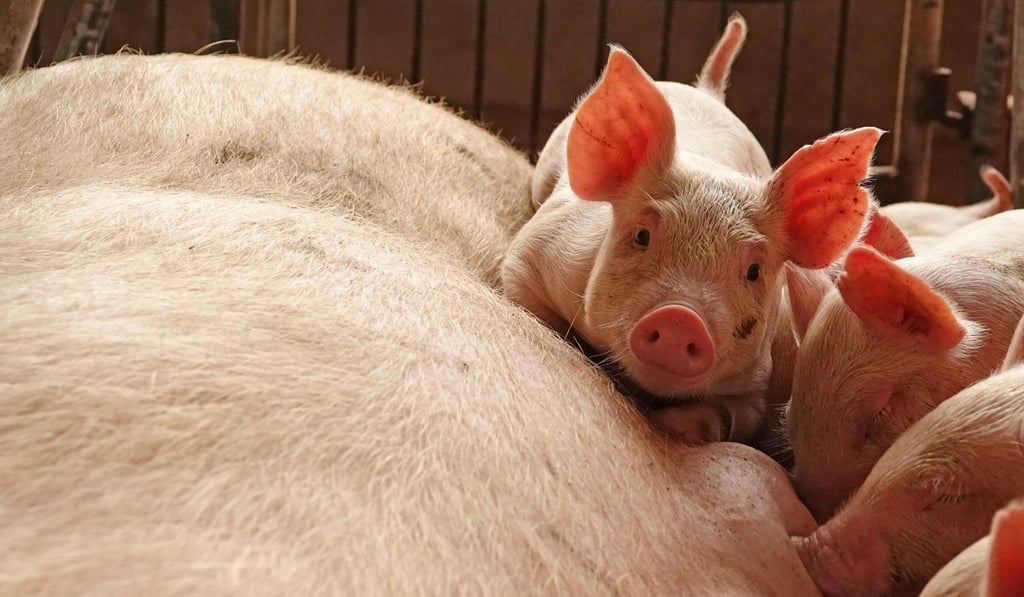China’s No 2 pork producer eyes expansion amid deadly outbreak of African swine fever
- Muyuan Foodstuff expects live hog prices to rise to 20 yuan per kg from 11.6 yuan last year
- Shares of the Shenzhen-listed company have risen 84 per cent this year

China’s second-largest pork producer says it will increase production this year despite a serious outbreak of swine fever, betting on reduced supply and surging prices to boost profits.
A total of 112 cases have been reported in 28 of China’s 34 provinces since August, resulting in the cull of over 950,000 pigs. The virus has also been detected in Mongolia and Vietnam, according to the Food and Agriculture Organisation (FAO) of the United Nations.
The disease is fatal to hogs but does not affect humans. There is no approved vaccine for the disease.
“Swine fever brings both benefit and harm,” Qin Yinglin, chairman of Muyuan Foodstuff, said in an interview on the sidelines of the National People’s Congress in Beijing on Wednesday. “We need to ride this violent hurricane out and turn it into a superb opportunity for our development.”

He declined to give more details of the expansion plan.
Qin said that the Henan-based company has taken a number of measures to cope with the disease, including disinfecting trucks used to transport pigs, sterilising animal feed with heat, and filtering the air in farms.